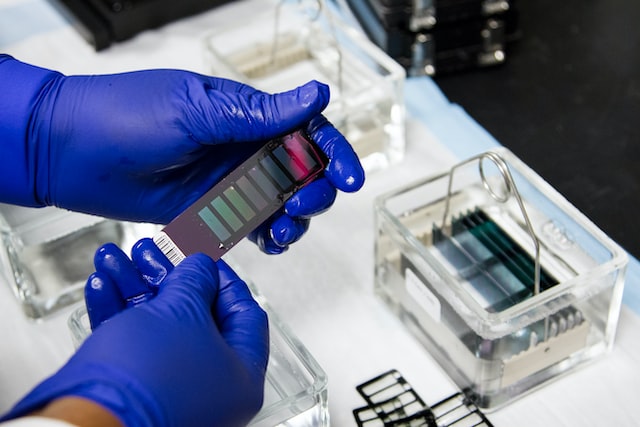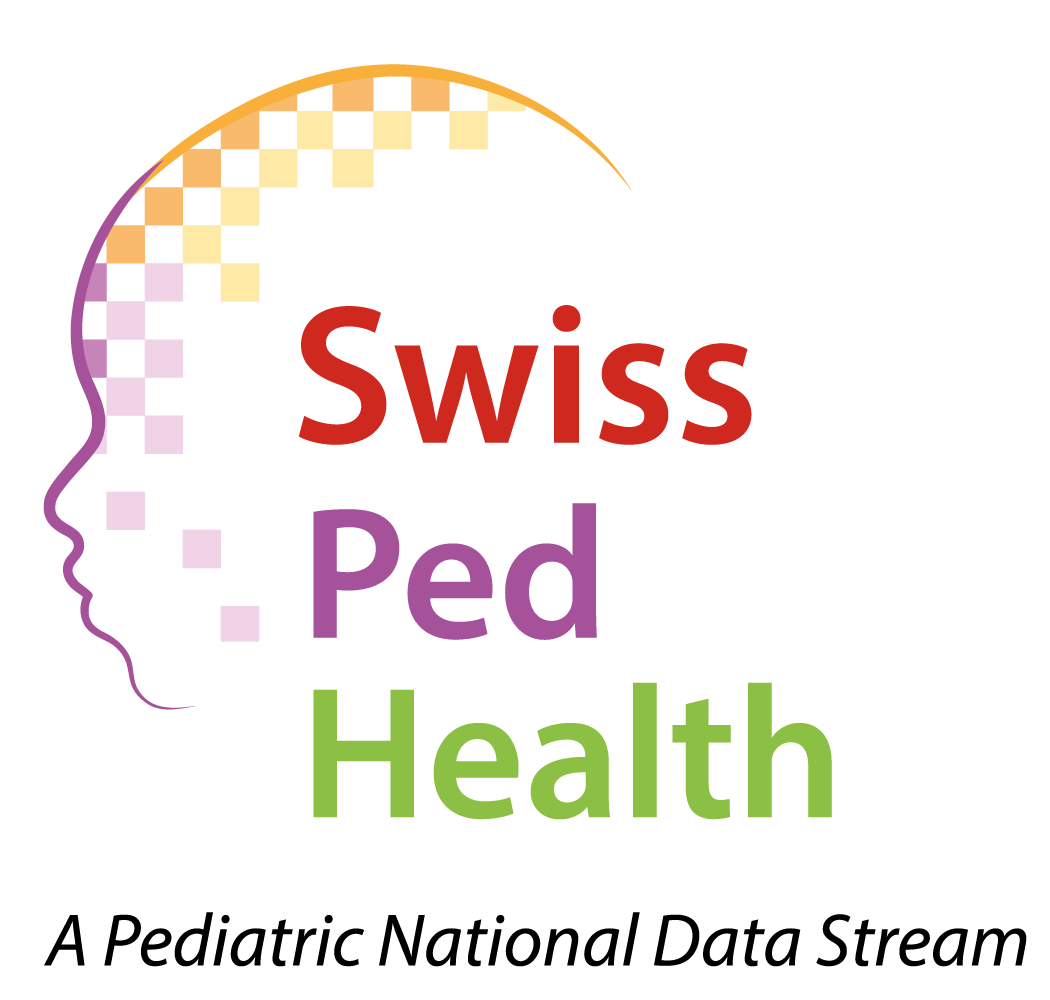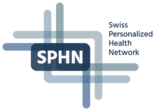
Genomic analysis allows our scientists to identify health concerns and discover new treatments.



Genomic analysis is a powerful tool that is reshaping the landscape of medical research and care. At SwissPedHealth, we utilize this technology to identify health concerns and discover new treatments, facilitating the development of personalized medicine tailored to the needs of our pediatric patients.
Genomics is the study of an organism’s entire genetic makeup. This field has revolutionized our understanding of disease, enabling us to identify genetic variations linked to different health conditions. Genomic analysis can provide insights into a patient’s disease risk, inform diagnoses, and guide the selection of the most effective treatments.
In the SwissPedHealth project, genomic analysis plays a pivotal role. For instance, in our “Multi-omic diagnosis for children with rare diseases” project, we harness cutting-edge scientific methods to detect the causes of illness with better precision. This process often involves analyzing a patient’s genomic data to identify mutations that may be causing their disease.
Beyond diagnostics, genomic analysis also enables us to discover new treatments. By understanding the genetic underpinnings of disease, we can develop therapies that target these genetic variations directly. This approach has led to the development of numerous targeted therapies, particularly in the field of oncology.
By using genomic analysis, we can move beyond a “one-size-fits-all” approach to medicine. Instead, we can use a patient’s unique genetic information to guide their care. This personalized approach can lead to more effective treatments with fewer side effects.
Genomic analysis is an indispensable tool in modern healthcare research. Through its use in the SwissPedHealth project, we’re able to advance our understanding of rare disease, improve our diagnostic capabilities, and discover new treatments, ultimately enhancing the care we provide to our patients.